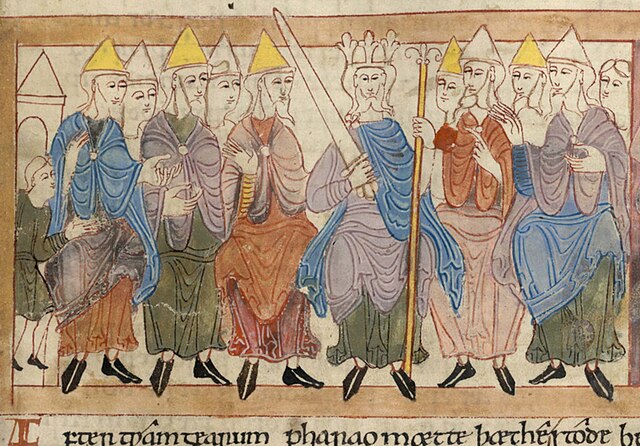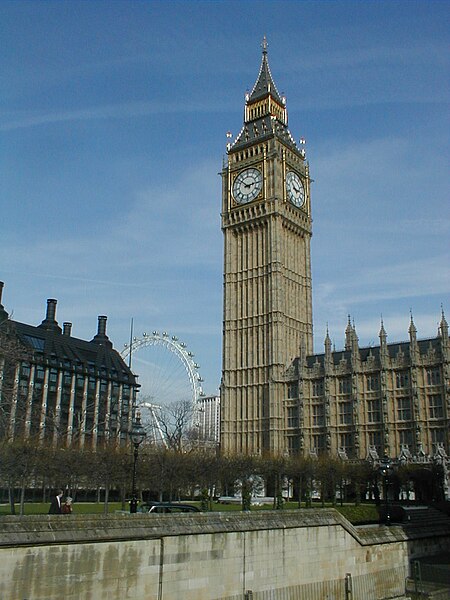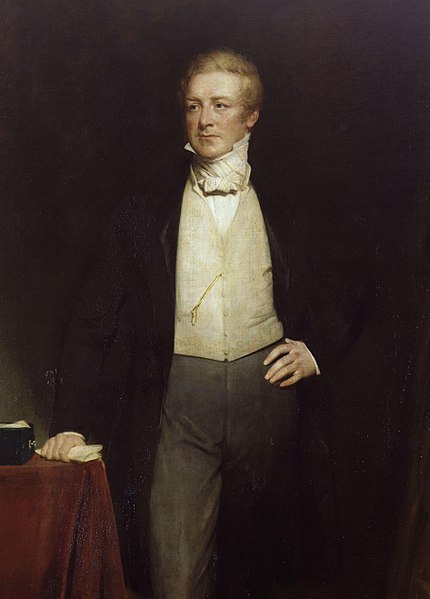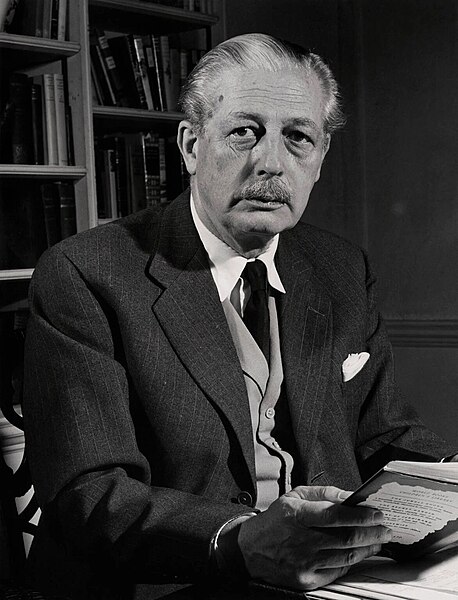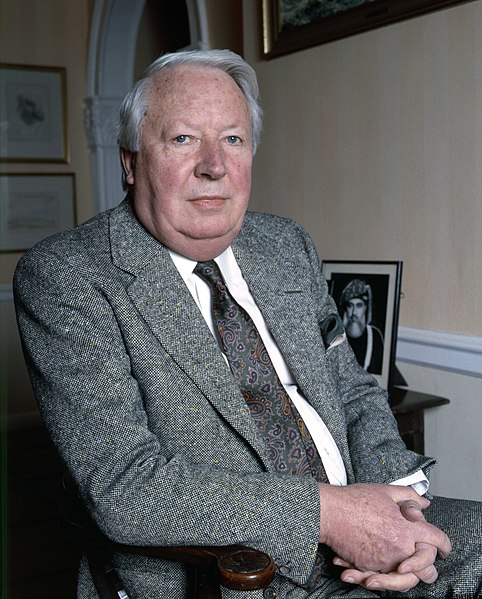Politics of England forms the major part of the wider politics of the United Kingdom, with England being more populous than all the other countries of the United Kingdom put together. As England is also by far the largest in terms of area and GDP, its relationship to the UK is somewhat different from that of Scotland, Wales or Northern Ireland. The English capital London is also the capital of the UK, and English is the dominant language of the UK. Dicey and Morris (p26) list the separate states in the British Islands. "England, Scotland, Northern Ireland, the Isle of Man, Jersey, Guernsey, Alderney, and Sark.... is a separate country in the sense of the conflict of laws, though not one of them is a State known to public international law." But this may be varied by statute.
Anglo-Saxon king with his witan (11th century)
A 16th-century depiction of the medieval Parliament of England
Portcullis House (L) and the Palace of Westminster (R), with the London Eye visible in the background.
City Hall, London
The Conservative and Unionist Party, commonly the Conservative Party and colloquially known as the Tories, is one of the two main political parties in the United Kingdom, along with the Labour Party. It is the current governing party, having won the 2019 general election, and has been the primary governing party in the United Kingdom since 2010. The party sits on the right-wing to centre-right of the political spectrum. It encompasses various ideological factions including one-nation conservatives, Thatcherites, and traditionalist conservatives. The party holds the annual Conservative Party Conference, at which senior Conservative figures promote party policy.
Robert Peel, twice Prime Minister of the United Kingdom and founder of the Conservative Party
Winston Churchill, who was twice Prime Minister of the United Kingdom
Harold Macmillan is closely associated with the post-war settlement.
Edward Heath, Prime Minister of the United Kingdom (1970–1974)

